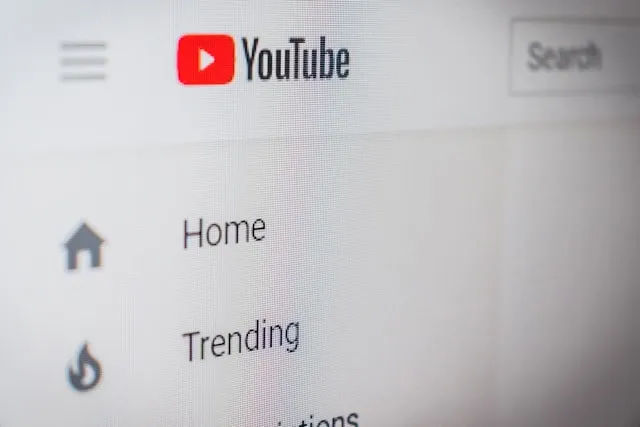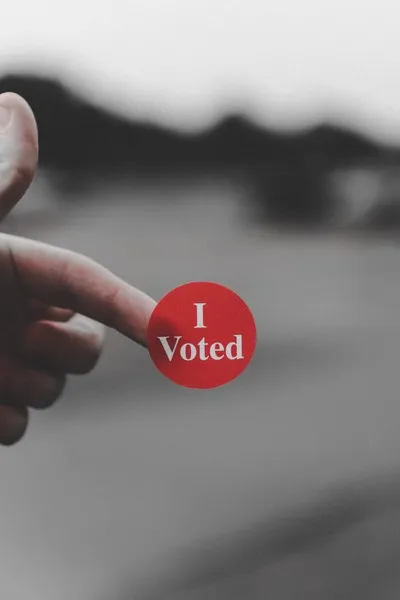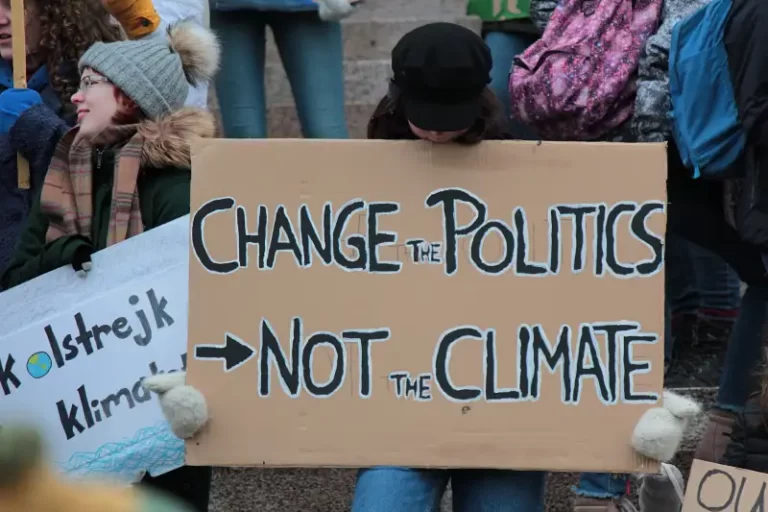
YouTube & The Alt-Right
The rise of the alt-right on YouTube represents a multifaceted phenomenon that has significant implications for understanding contemporary socio-political dynamics. YouTube, as a platform, has evolved from a mere video-sharing site to a potent socio-political influencer, shaping public opinion and discourse. This essay explores the sociological dimensions of the alt-right's ascendance on YouTube, examining the interplay of media dynamics, ideological propagation, and social identity formation.
YouTube as a Media Platform
YouTube, established in 2005, has grown exponentially to become one of the most visited websites globally. Its algorithmic recommendation system, designed to maximize viewer engagement, plays a crucial role in shaping the content consumed by its users. The algorithm prioritizes content that generates high viewer retention and interaction, often leading to the amplification of sensationalist and polarizing content. This environment has provided fertile ground for the alt-right movement, which leverages









